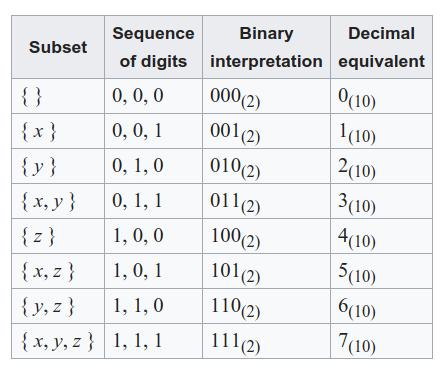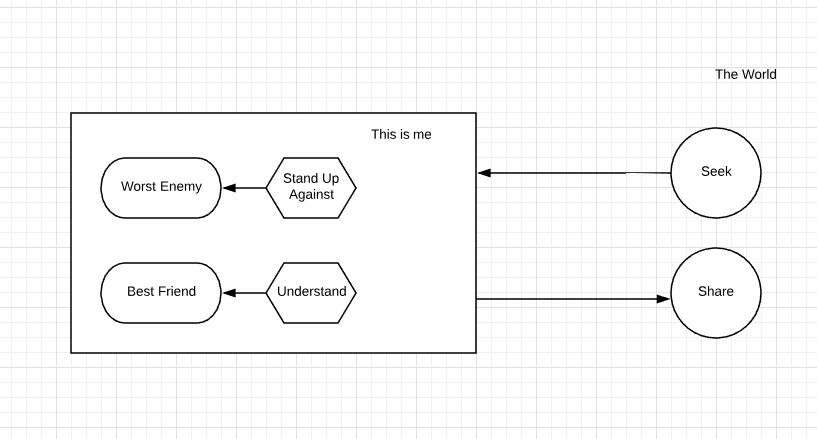Stranger in a Strange Land
 Stranger in a Strange Land is a 1961 science fiction novel by the American author Robert A. Heinlein. It tells the story of Valentine Michael Smith, a human who comes to Earth in early adulthood after being born on the planet Mars and raised by Martians, and explores his interaction with and eventual transformation of Terran culture.
. Wow, what a book. It
goes into multiple topics like being human, politics, religion, love, sex,
community, spirituality, entrepreneurship, money, influence, negotiation,
strategy and "understanding" of it all.
Stranger in a Strange Land is a 1961 science fiction novel by the American author Robert A. Heinlein. It tells the story of Valentine Michael Smith, a human who comes to Earth in early adulthood after being born on the planet Mars and raised by Martians, and explores his interaction with and eventual transformation of Terran culture.
. Wow, what a book. It
goes into multiple topics like being human, politics, religion, love, sex,
community, spirituality, entrepreneurship, money, influence, negotiation,
strategy and "understanding" of it all.
This gave a new word
Grok
 Grok () is a neologism coined by the American writer Robert A. Heinlein for his 1961 science fiction novel Stranger in a Strange Land. While the Oxford English Dictionary summarizes the meaning of grok as "to understand intuitively or by empathy, to establish rapport with" and "to empathize or communicate sympathetically (with); also, to experience enjoyment", Heinlein's concept is far more nuanced, with critic Istvan Csicsery-Ronay Jr. observing that "the book's major theme can be seen as an extended definition of the term." The concept of grok garnered significant critical scrutiny in the years after the book's initial publication. The term and aspects of the underlying concept have become part of communities such as computer science.
to English speaking
people, which roughly means to "understand thoroughly" and becoming one with the
concept. I have used this phrase in Tamil "கரைச்சி குடிச்சிட்டான்" which means
someone thoroughly understood to subject at hand.
Grok () is a neologism coined by the American writer Robert A. Heinlein for his 1961 science fiction novel Stranger in a Strange Land. While the Oxford English Dictionary summarizes the meaning of grok as "to understand intuitively or by empathy, to establish rapport with" and "to empathize or communicate sympathetically (with); also, to experience enjoyment", Heinlein's concept is far more nuanced, with critic Istvan Csicsery-Ronay Jr. observing that "the book's major theme can be seen as an extended definition of the term." The concept of grok garnered significant critical scrutiny in the years after the book's initial publication. The term and aspects of the underlying concept have become part of communities such as computer science.
to English speaking
people, which roughly means to "understand thoroughly" and becoming one with the
concept. I have used this phrase in Tamil "கரைச்சி குடிச்சிட்டான்" which means
someone thoroughly understood to subject at hand.
One interesting thing about this science fiction is, it combined the real world
concepts of business, stocks, politics, and ownership with an imaginary
situation where humans have already traveled to Mars and there is a human raised
by Martians among us. The details covering the rise of Mike to the status of a
godman, and formation of his communion was a fun read.
Just imagine how close is this quote "Thou art god, I am god. All that groks is
god.” by Valentine Michael Smith to the Sanskrit Verse
Tat Tvam Asi
 The Mahāvākyas (sing.: mahāvākyam, महावाक्यम्; plural: mahāvākyāni, महावाक्यानि) are "The Great Sayings" of the Upanishads, with mahā meaning great and vākya, a sentence. The Mahāvākyas are traditionally considered to be four in number, though actually five are prominent in the post-Vedic literature:
.
The Mahāvākyas (sing.: mahāvākyam, महावाक्यम्; plural: mahāvākyāni, महावाक्यानि) are "The Great Sayings" of the Upanishads, with mahā meaning great and vākya, a sentence. The Mahāvākyas are traditionally considered to be four in number, though actually five are prominent in the post-Vedic literature:
.
The character Jubal Harshaw attributes that one can explain away everything by
holding on to
Solipsism
 Solipsism ( SOLL-ip-siz-əm; from Latin solus 'alone' and ipse 'self') is the philosophical idea that only one's mind is sure to exist. As an epistemological position, solipsism holds that knowledge of anything outside one's own mind is unsure; the external world and other minds cannot be known and might not exist outside the mind.
and
Pantheism
Solipsism ( SOLL-ip-siz-əm; from Latin solus 'alone' and ipse 'self') is the philosophical idea that only one's mind is sure to exist. As an epistemological position, solipsism holds that knowledge of anything outside one's own mind is unsure; the external world and other minds cannot be known and might not exist outside the mind.
and
Pantheism
 Pantheism is the philosophical and religious belief that reality, the universe, and nature are identical to divinity or a supreme entity. The physical universe is thus understood as an immanent deity, still expanding and creating, which has existed since the beginning of time. The term pantheist designates one who holds both that everything constitutes a unity and that this unity is divine, consisting of an all-encompassing, manifested god or goddess. All astronomical objects are thence viewed as parts of a sole deity.
.
Pantheism is the philosophical and religious belief that reality, the universe, and nature are identical to divinity or a supreme entity. The physical universe is thus understood as an immanent deity, still expanding and creating, which has existed since the beginning of time. The term pantheist designates one who holds both that everything constitutes a unity and that this unity is divine, consisting of an all-encompassing, manifested god or goddess. All astronomical objects are thence viewed as parts of a sole deity.
.
I was impressed with
Robert Heinlein
 Robert Anson Heinlein ( HYNE-lyne; July 7, 1907 – May 8, 1988) was an American science fiction author, aeronautical engineer, and naval officer. Sometimes called the "dean of science fiction writers", he was among the first to emphasize scientific accuracy in his fiction, and was thus a pioneer of the subgenre of hard science fiction. His published works, both fiction and non-fiction, express admiration for competence and emphasize the value of critical thinking. His plots often posed provocative situations which challenged conventional social mores. His work continues to have an influence on the science-fiction genre, and on modern culture more generally.
covering so many topics. I really enjoyed it.
Robert Anson Heinlein ( HYNE-lyne; July 7, 1907 – May 8, 1988) was an American science fiction author, aeronautical engineer, and naval officer. Sometimes called the "dean of science fiction writers", he was among the first to emphasize scientific accuracy in his fiction, and was thus a pioneer of the subgenre of hard science fiction. His published works, both fiction and non-fiction, express admiration for competence and emphasize the value of critical thinking. His plots often posed provocative situations which challenged conventional social mores. His work continues to have an influence on the science-fiction genre, and on modern culture more generally.
covering so many topics. I really enjoyed it.






